Charges for essential health services in Aberdeenshire – such as care homes and nursing centres for people with learning disabilities – are poised to rocket.
Aberdeenshire Health and Social Care Partnership plans to increase prices across a range of services as they scramble to balance the books.
The NHS Grampian and Aberdeenshire Council joint board are facing a £26 million black hole in next year’s budget.
And they hope to recoup about £20m of that with a drastic “recovery plan”, which could result in major cuts.
Draft proposals include “a review” of community hospitals and council-run care homes.
As well as chopping down on their expenditure, however, bosses want to up their annual income by more than £3.3m by charging those who use their services more.
In some cases, much more.
The new prices could come into effect from April 1, and cover a range of aspects.
Members of the Integration Joint Board (IJB) branded the changes “brutal” and raised concerns they will put vulnerable people out of pocket.
However, they decided to press forward with the proposals.
Here is what could go up in price and how this will impact healthcare users…
Council-run care home charges
The biggest increase will be for those who stay at council-run care homes.
The local authority has seven “in house” venues – respectively, in Aboyne, Ellon, Fraserburgh, Inverurie, Peterhead, Portsoy and Stonehaven.
Officers have estimated that 71% of care home residents use the service for free or only cover part of it.
This is decided upon a “financial assessment”, which determines whether they could afford it otherwise.
The rest are so-called “self-funding clients”, who pay for their stay themselves.
And these will be the people who will see their weekly bill jump from £887.30 to £1,586.79. This comes to £82,513 per year.
Troup councillor Ross Cassie yesterday told IJB members this was a “staggering” amount to hit residents with – given that “it is more than what many earn in a year”.
He said: “I’m going to describe some of the increases as brutal.
“For those that can afford it, their resources are going to be drained rapidly.
“I am fully supportive of the forecast recovery, but the journey to get there actually has to help people as opposed to draining their finances instantly.”
What happens if you can’t pay?
Several members of the board raised concerns over whether people will be “thrown out” of the care homes they live in if they cannot cover the new bill.
But finance officers stressed “no one will be asked to leave”.
Those affected by the price increase will all be offered a new financial assessment, which could result in two ways.
If residents can afford it, they will have to cover the whole bill.
But if their bank account is lacking, they will be asked to put in however much they can and the council will cover the rest.
Meanwhile, those who use publicly-funded home carers but do not require personal care will have to pay £61.34 per hour instead of £31.
Will people with learning disabilities be affected?
People with learning disabilities who take advantage of the “day care services” provided by the Aberdeenshire Health and Social Care Partnership will also see their costs go up.
This usually includes offering day support at home, in the community, in one of the partnership’s venues or a combination.
In 2023/2024, an average of 186 people used the service daily for £48.55 per day.
This could now rocket to £148 – or more than three times the current price.
If an adult with learning disabilities is using the service five days a week, this would come to an annual bill of £38,480.
Safety equipment for vulnerable people and dementia sufferers
The price of safety equipment for people who need extra support at home will be increased by £119 per year as well – from £195 to £314.
This covers a range of devices such as “community alarms” – special buttons that people wear around their neck and can use to call for help in an emergency at any time.
The price increase will also affect telecare, which provides additional alarm systems that can alert a person when something needs their attention.
All of these are given to people with physical disability, dementia, sensory impairment or a long-term health condition.
What about ‘very sheltered housing’?
Meanwhile, older and disabled residents who use sheltered housing run by Aberdeenshire Council will have to pay more for both care and their daily meals.
Very Sheltered Housing lets older people or people with disabilities keep their independence in their own home, while having a support team available 24/7.
It is usually offered to vulnerable people who are 60 or above, and might need help maintaining their property, personal care, emotional support or medication.
There are six sheltered housing units in the region – in Banchory, Banff, Fraserburgh, Inverurie, Mintlaw and Turriff – that officers say have “a very high occupancy rate”.
The new charges will apply again only to those who are self-funded (currently 43 residents), with weekly prices going up from £482.10 to £775.89.
VSH clients also have access to breakfast and two main meals per day, which will now cost £35 per week – up from £29.10.
Charges for “activity hubs” for older folk will also rise from £36.47 to £40.83 per day.
What about transport?
The price of a one-way ticket for those who use transport arranged by AHSCP will increase by about 50%.
A one-way journey will cost £12 instead of £8.45 after the changes come into force.
According to the report by health officers, there are on average 181 people who use this service.
What do you think of the new charges? Let us know in our comments section below
Approval process explained: What happens next?
All of these new charges were given the go-ahead at an IJB meeting yesterday.
The papers will now be submitted to Aberdeenshire Council, and are expected to be discussed during budget talks next Thursday.
There is a chance that the local authority could disagree with the proposals, or offer more money to the joint board to make up for the losses.
In this case, the new charges might end up tweaked or even scrapped.
But if councillors approve them – the increased prices will come into force from April 1.
Meanwhile, IJB members decided to push forward with the draft savings spree, with officers now expected to review the proposed cuts and prepare a more detailed report.
The final decision on which of the healthcare cuts will be made is expected in March.
Read more:
- Campaigners vow to take legal action as Aberdeenshire health bosses push ahead with ‘brutal’ savings plan
- Exclusive: Hundreds of Aberdeenshire carers ‘in shock’ as whistleblower reveals redundancy heartbreak
- Ticking timebomb: Trade union warns proposed Aberdeenshire health cuts will create care home crisis
- Aberdeenshire autism and ADHD assessment cuts increase suicide risks, warn campaigners
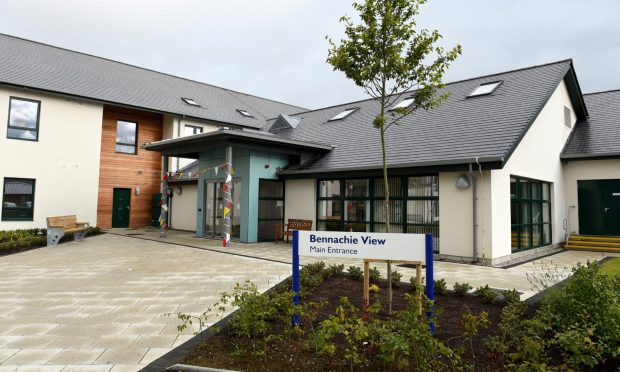
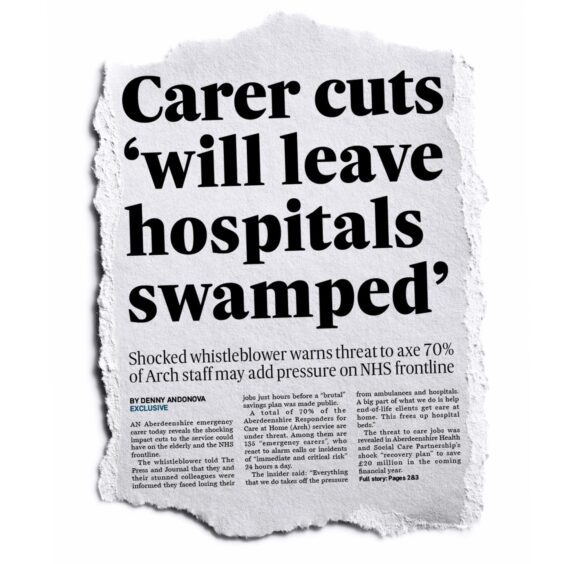
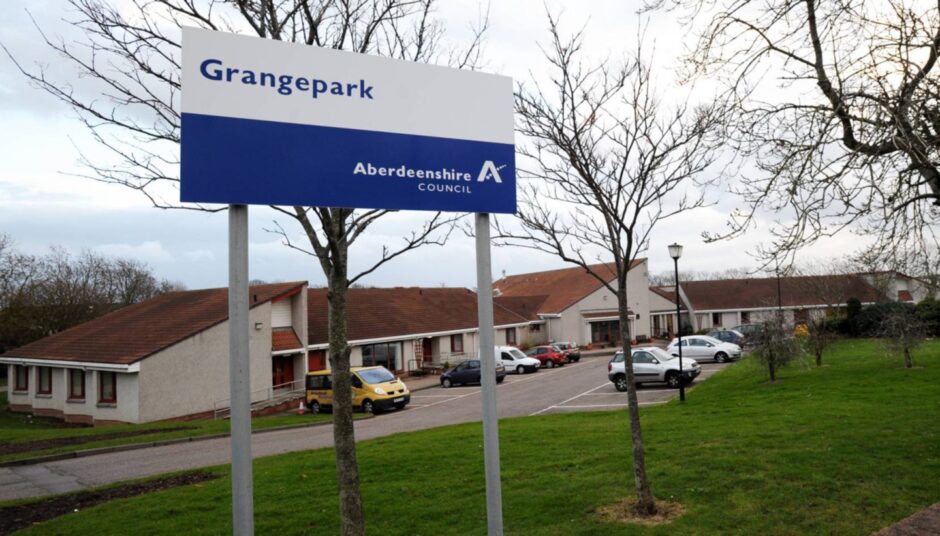
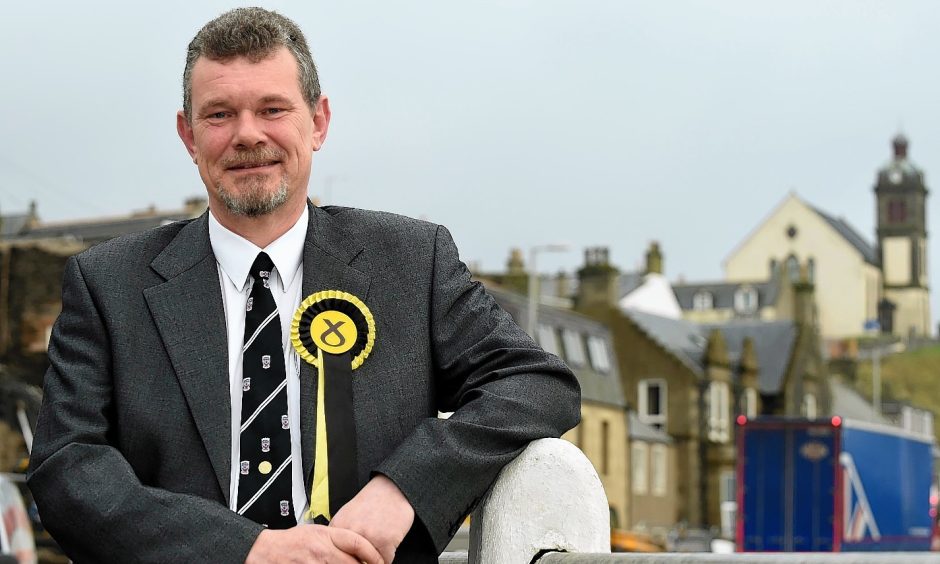
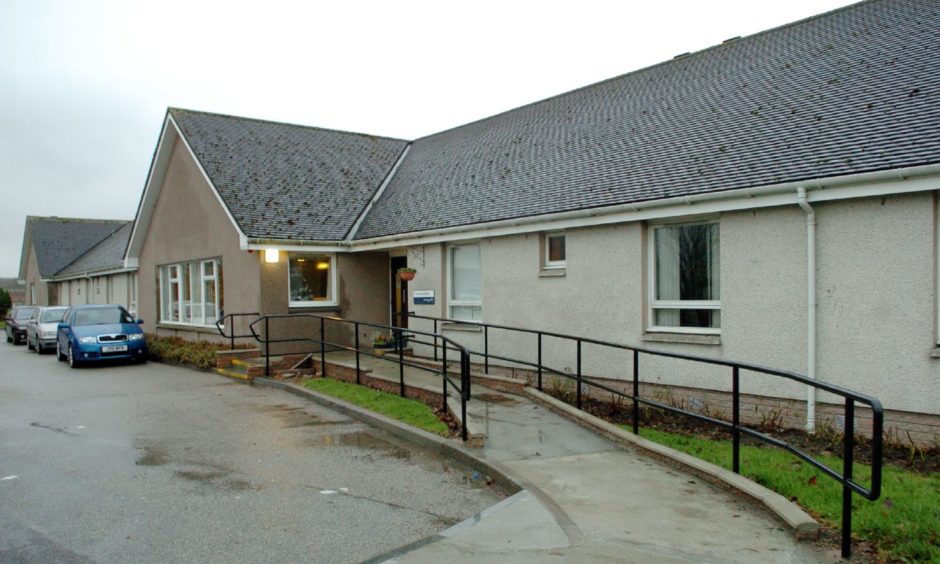

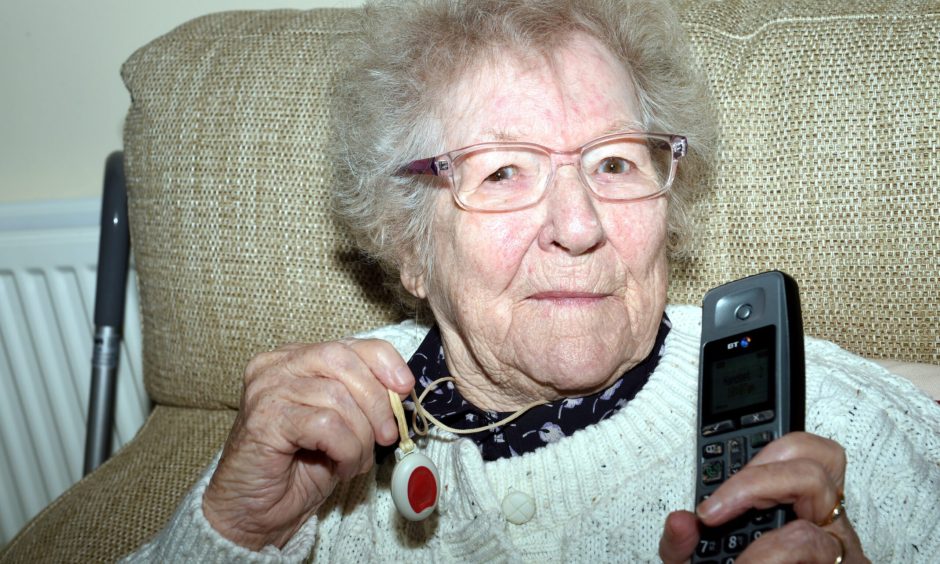
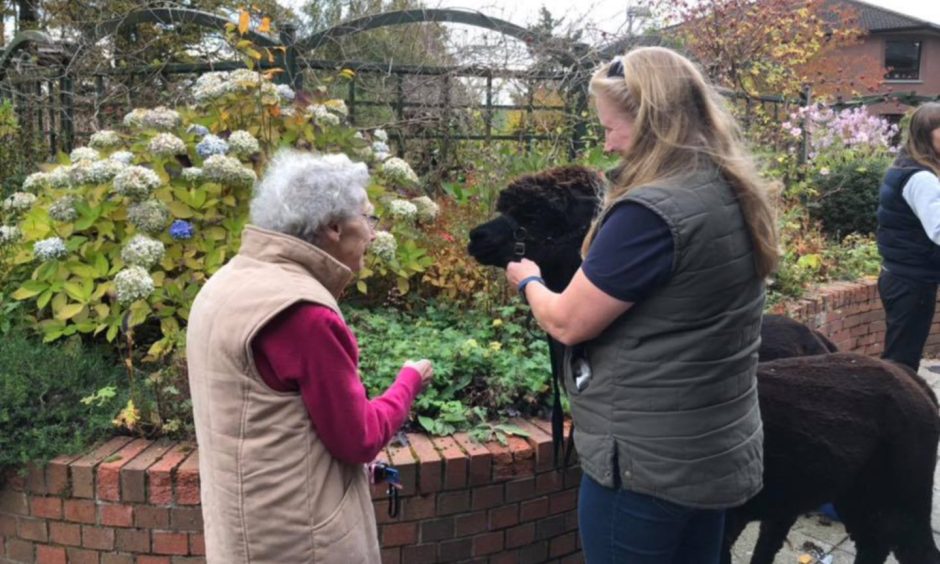
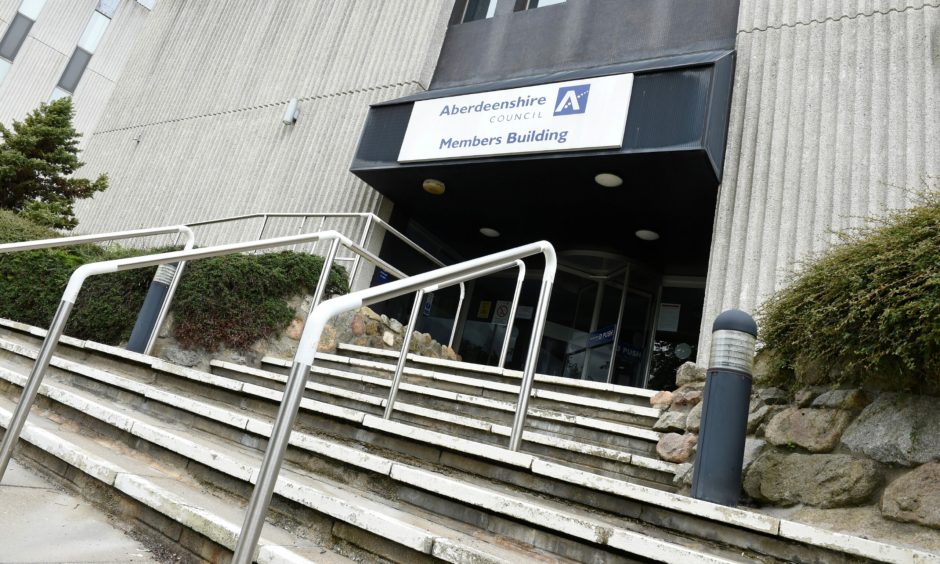
Conversation